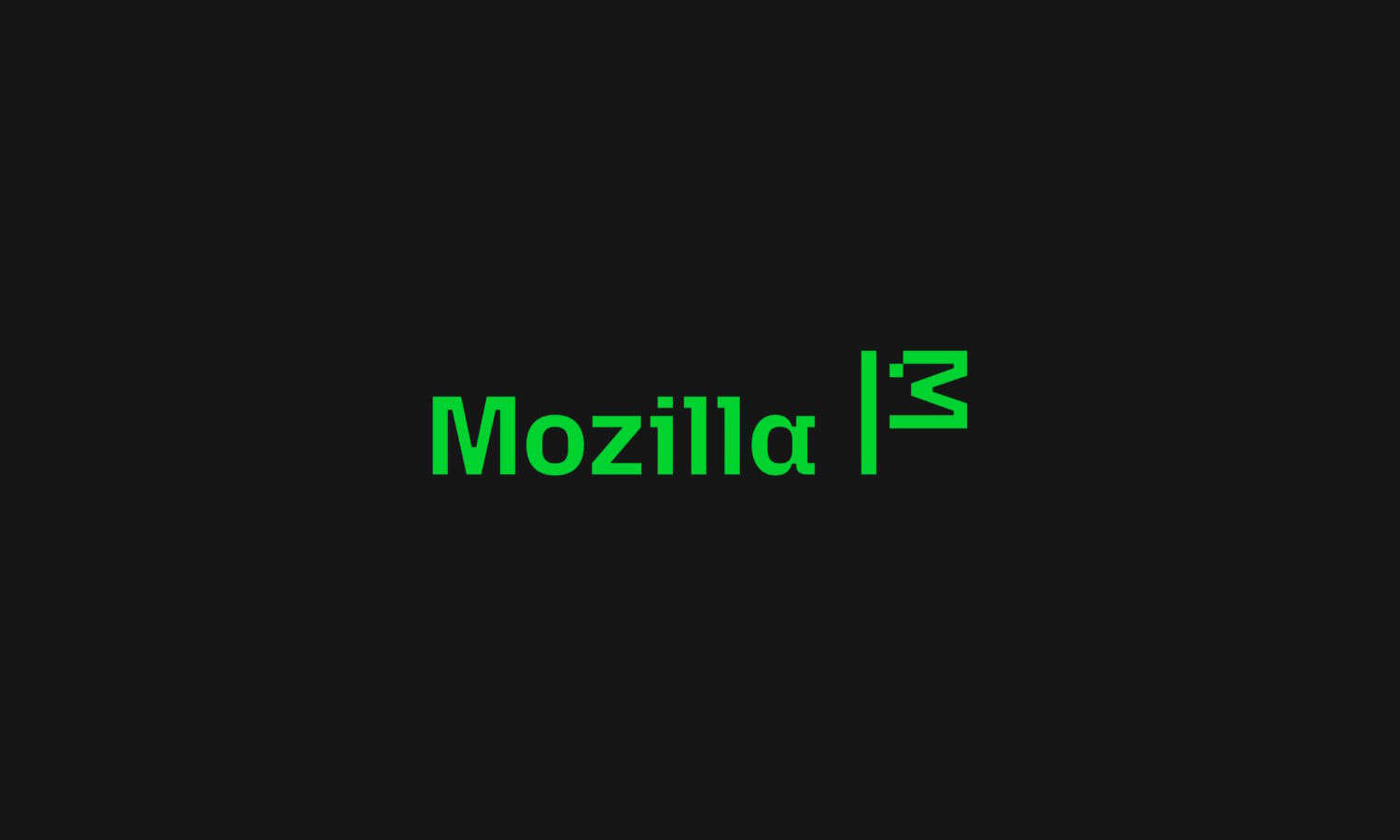
Google has lost its ad tech monopoly trial... and Mozilla is scared
In a decision that surprised few, a judge has ruled that Google is guilty of “willfully acquiring and maintaining monopoly power” in advertising technology. Google (or its parent company, Alphabet, at least) is obviously unhappy with the ruling, but it’s not the only one.
Mozilla was one of the first companies to react to the ruling, and CEO Laura Chambers has expressed alarm about what it means for the future of its Firefox web browser. She also voices concerns about the implication of the rules for the open web and online industries.
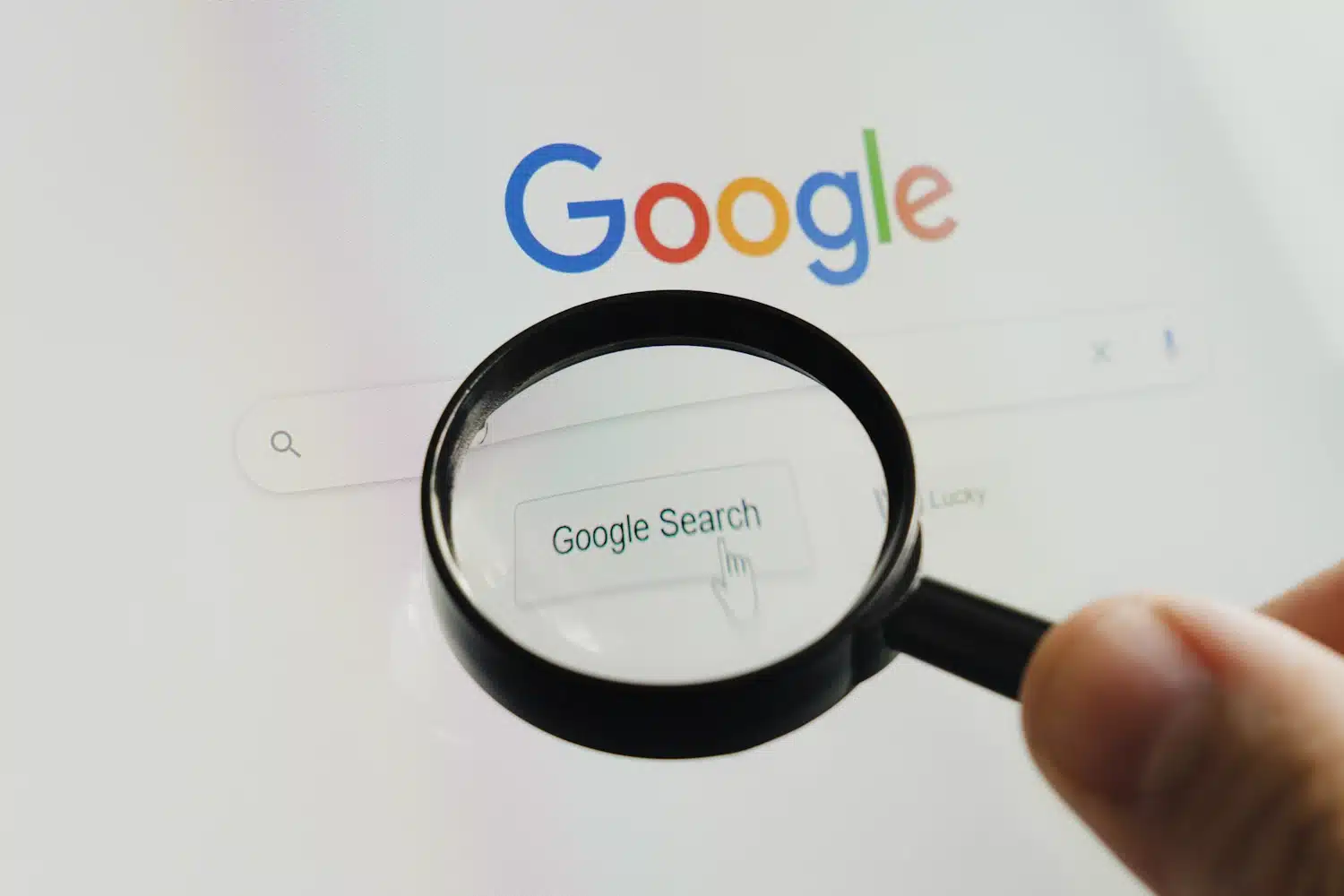
Google is the latest tech firm to drop diversity hiring targets following Trump’s executive orders
President Trump has issued a slew of executive orders in the early days of his second stint in the White House. Among these are several designed to cut back on government and federal diversity, equity and inclusion (DEI) initiatives that helped to boost job opportunities for underrepresented groups.
Following the executive orders and court rulings, numerous firms -- including tech companies such as Amazon and Meta -- announced that they were rolling back, revising, or killing off their DEI hiring targets. Now Google has followed suit.
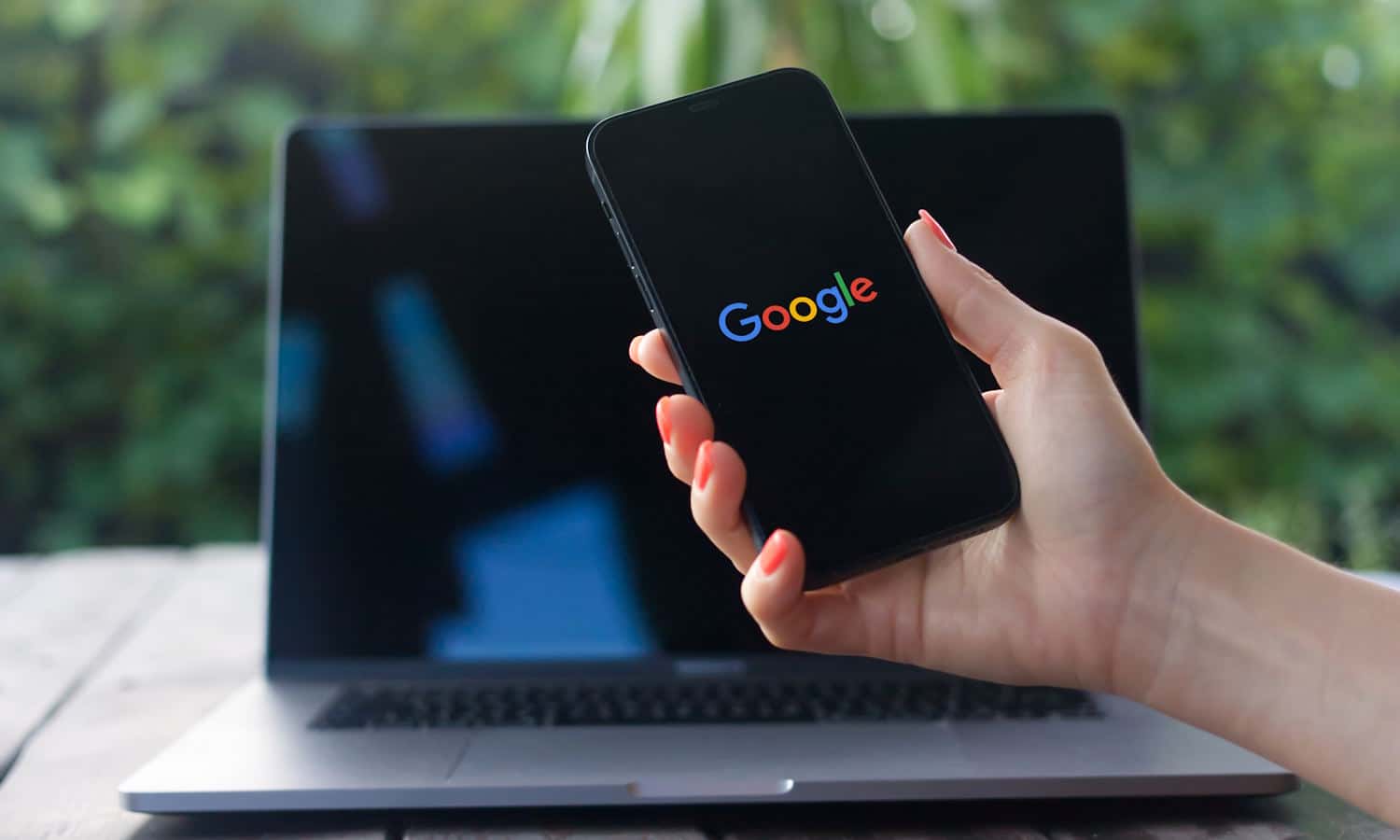
Google reacts to DOJ’s ‘extreme proposal’ that it should sell Chrome
The US Department of Justice has put forward proposals designed to break Google’s monopoly over online searches. Included in the DOJ’s proposals is the recommendation that Google sell off its Chrome web browser.
Other proposals include putting blocks in place that would stop the tech giant from entering into contracts with companies that result in Google being the default search engine on various platforms. Google has lashed out at the proposals saying that they go too far and would cause harm to customers and innovation.

Google may lock AI search results behind a paywall
Aa a company synonymous with search and a love of AI, it is little surprise that Google is combining the two. But people familiar with the company’s plans suggest that AI-powered search features could have a price tag attached to them.
The move would be a first for Google as the company has never charged for any search product, and it could be a sign that ads are simply not bringing in enough money. It is something that has been described as a big change to its business model, but it is not clear if this is a sign of further search-related charges to come.
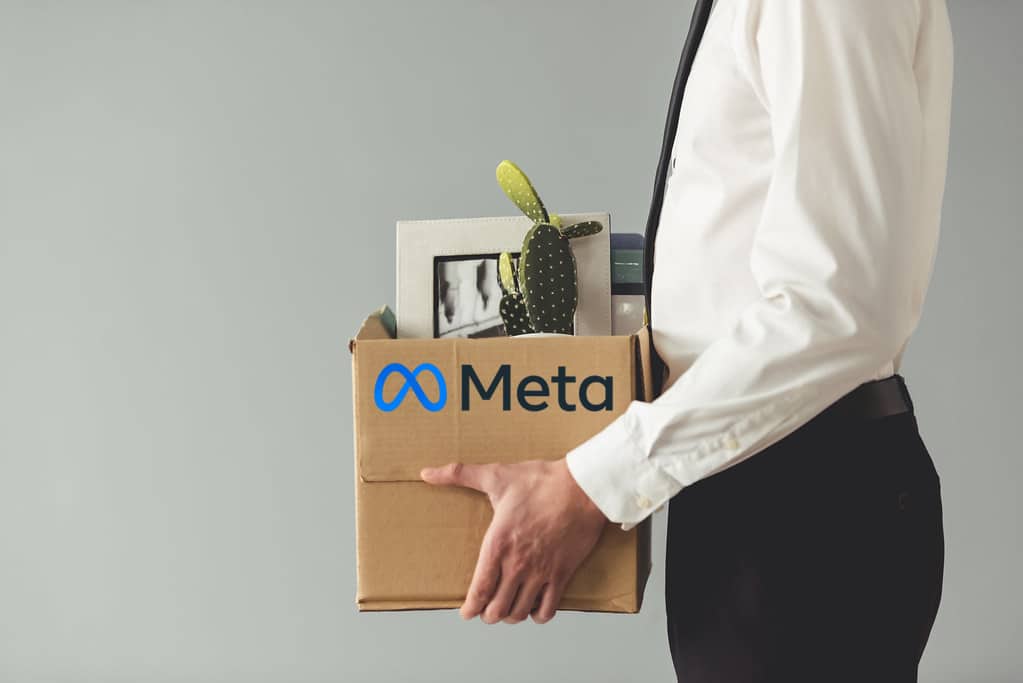
Big tech layoffs have a far-reaching impact
The recent big tech layoffs have profoundly impacted industries outside of technology because the sector has long been seen as a driving force for innovation and economic growth. The layoff announcements by companies like Google, Microsoft and Amazon have raised concerns about the tech industry's future and the ripple effects throughout the economy.
Below are several major tech companies that have laid off employees as they navigate the challenges of a rapidly changing industry:

If tech giants were countries Apple and Microsoft would be among the top 10 richest
In an interesting bit of equivalence, UK-based insolvency specialist Real Business Rescue has compared the market value of the world's richest companies to countries' GDPs to show how big these businesses have become compared to the rest of the world.
As the table below shows, Apple -- which became the first trillion dollar company in 2018 -- would rank eighth in the world, just behind France, while Microsoft is ranked ninth and worth more than Italy.

Google founders Larry Page and Sergey Brin step down from their roles at Alphabet
Larry Page and Sergey Brin met at Stanford in the nineties and went on to create what was to become Google in 1996. They have been an integral part of the internet giant's day-to-day running ever since. However, today, both founders announce they will be stepping down from their top roles at Alphabet, Google’s parent company.
Larry Page was Alphabet’s chief executive officer and Sergey Brin the company’s president, but now Google's CEO Sundar Pichai will take over the role of Alphabet CEO as well.

Report: Alphabet wants to buy Fitbit
Google's parent company Alphabet has made an offer to buy health and fitness wearable maker Fitbit, according to reports.
Although unconfirmed by either party, such a bid would not be entirely surprising. Although Google has produced its Wear OS operating system for wearables, it is yet to produce any devices of its own -- despite users clamoring for a Google-made smartwatch for some time.

New Google extension for Chrome filters out toxic comments
BetaNews has what we like to call a rather rowdy comments section. Any post to do with Windows 7 and Windows 10 usually sparks a commenting war that can run for weeks and get very heated at times.
We’re far from alone here though. Plenty of sites have similarly unruly comments sections, and the situation has got so bad that a growing number of popular websites have turned off commenting altogether, which is a shame.
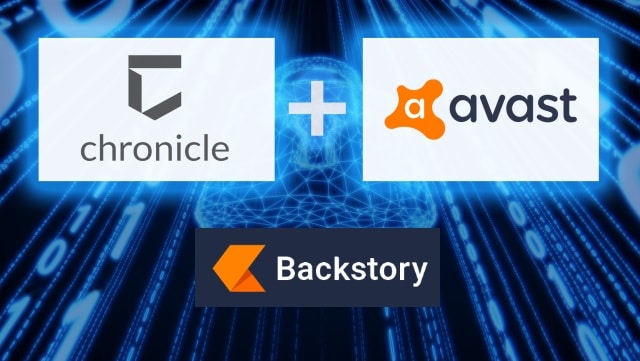
Alphabet startup Chronicle launches enterprise cybersecurity platform Backstory, and partners with Avast
It is a year since Google's parent company Alphabet launched the cybersecurity outfit Chronicle. Now the startup has launched its first product, a security platform called Backstory.
Backstory is an enterprise-level cybersecurity and analytics platform; Chronicle describes it as "the first global security telemetry platform designed for a world that thinks in petabytes". Coinciding with the launch, Chronicle has teamed up with security firms Avast and Proofpoint.
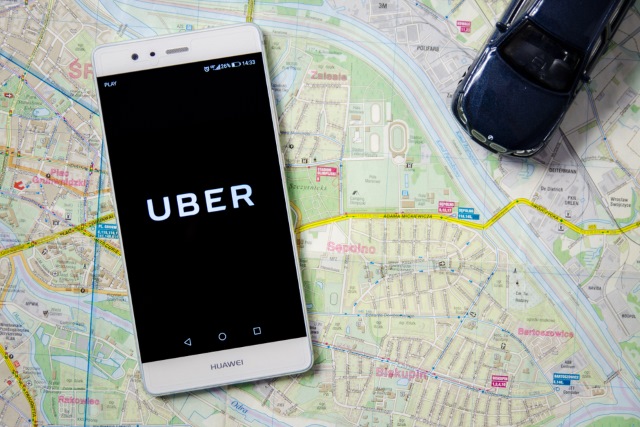
Uber and Waymo make surprise settlement over claims of stolen trade secrets
Uber has agreed to a settlement with Google's self-driving technology unit, Waymo, over claims that that the company stole trade secrets during the acquisition of Otto. Google's parent company, Alphabet, sued Uber a year ago, and now a payment of $245 million has been agreed.
The financial settlement to be received by Waymo includes 0.34 percent of Uber's equity based on a valuation of $72 billion. Uber CEO, Dara Khosrowshahi, expressed "regret" about the matter, and said he wanted to correct "mistakes of the past."

Google and Nest Labs are together again, and Amazon should watch its back
When Google established Alphabet as a parent company for itself, things got very confusing. The newly established company became obsessed with establishing sub-company names under all letters of the alphabet -- seriously. In other words, Alphabet was taking its namesake way too literally. It felt forced and not at all organic.
Ultimately, it was decided that Nest Labs would be separated from Google, so it could represent the "N" for Alphabet. This has proven to be quite foolish, as it has seemingly slowed Google's innovation in the smart home market. Since then, Amazon has been making huge strides in the smart home segment. Google has apparently had enough of having its lunch eaten by an online bookseller. As of today, the Google and Nest Labs hardware teams are together again.

Google fires employee who criticized its diversity policies
The senior software engineer who penned the now-infamous anti-diversity manifesto has been fired by Google. James Damore confirmed that he was fired for "perpetuating gender stereotypes," but says that he is "currently exploring all possible legal remedies."
Damore says that he has now been in touch with the US National Labor Relations Board (NLRB), pointing out that it is "illegal to retaliate against an NLRB charge." The "Google's Ideological Echo Chamber" memo written by the now-former employee went viral internally at Google before leaking to the internet shortly afterwards.

Alphabet Q2 2017 by the numbers: $26 bn revenue, $3.5 bn profit
There are four key areas where digital businesses can make a significant profit, and Google's parent company Alphabet appears to be gaining in all four of them according to its latest earnings report.
In a recent call to reveal its results, Alphabet said revenue rose 21 percent to $26 billion, in the second quarter of 2017. Net income was $3.5 billion.
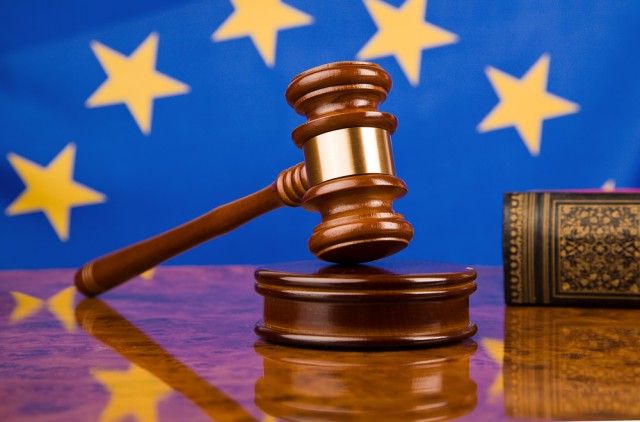
Google hit with staggering €2.42 billion fine for manipulating search results -- and it could be forced to pay even more
Google has been fined a record €2.42 billion ($2.7bn/£2.1bn) by the European Commission after a seven year investigation sparked by Microsoft and other firms, found that the company had unfairly promoted Google Shopping above other similar shopping comparison services on its search site.
The ruling also states that Google has 90 days to cease its anti-competitive practices or it could occur further penalties, and they could really rack up.
